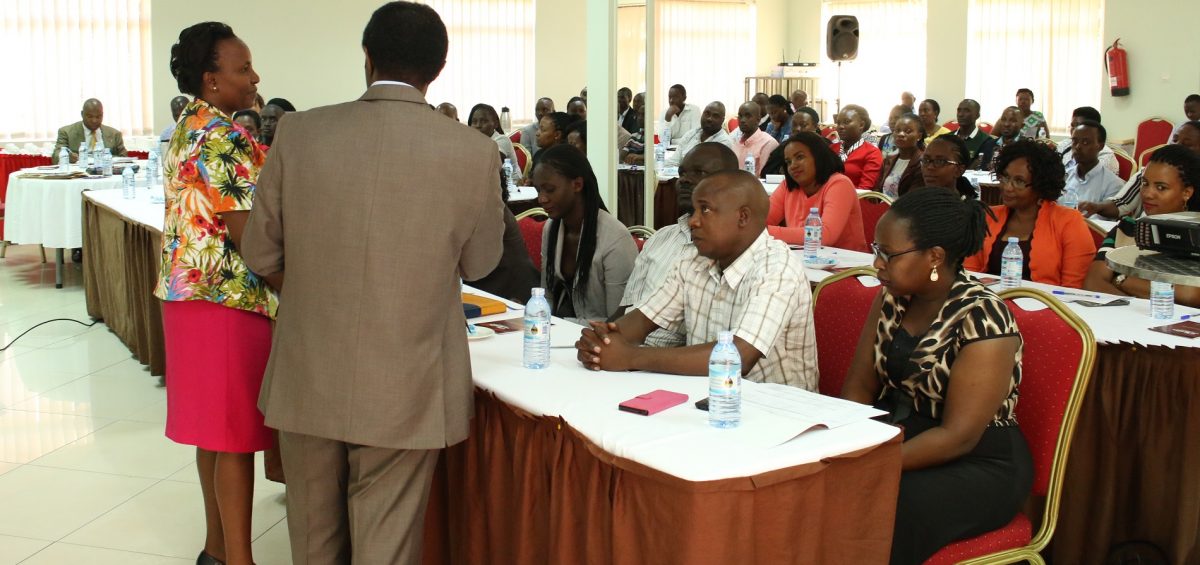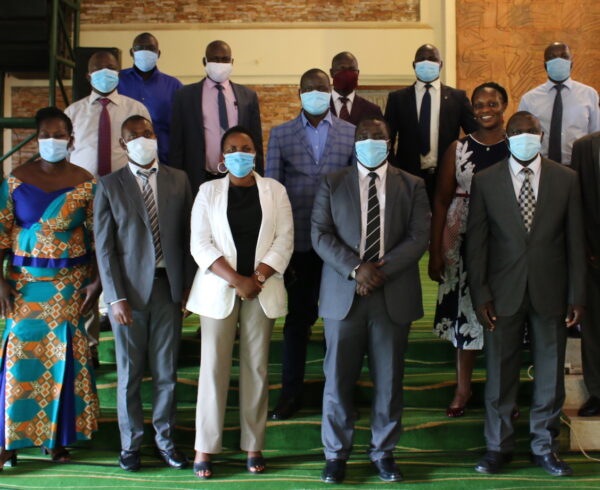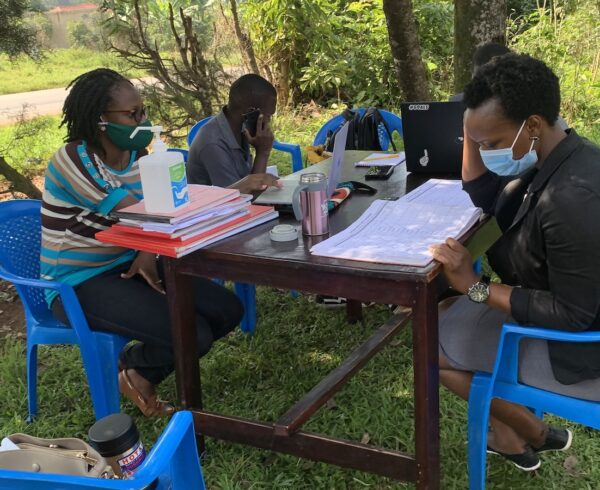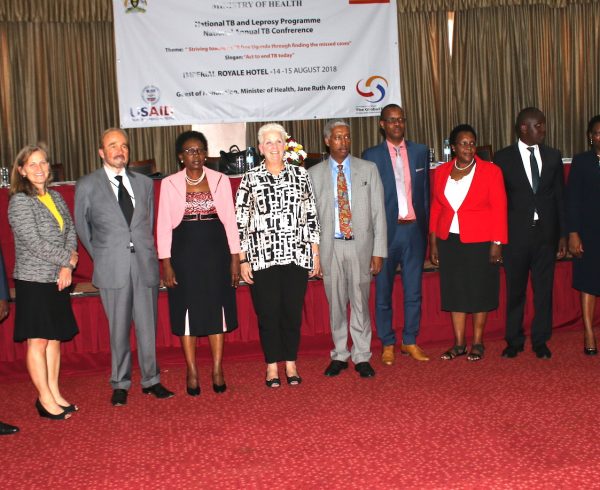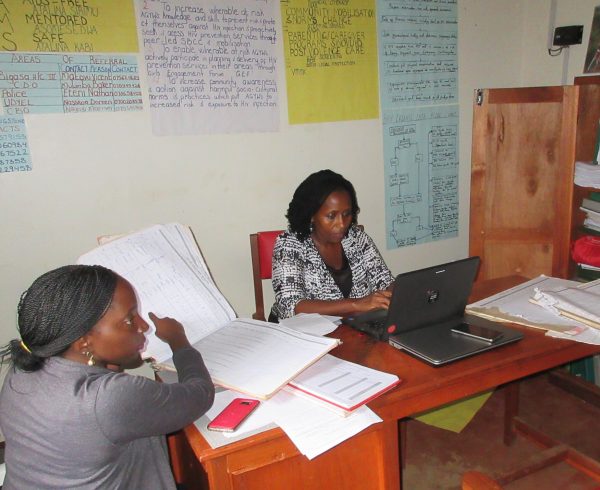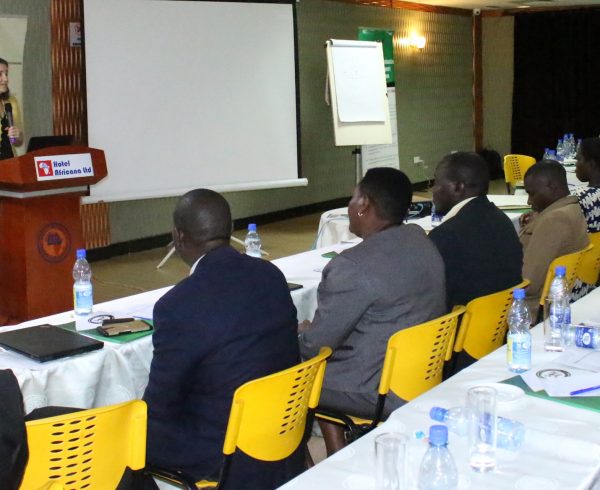The Monitoring and Evaluation Technical Support (MET) Program together with the Ministry of Health (MoH) are conducting a TB/HIV Evaluation on the Collaborative Policy. The mortality and morbidity of People living with HIV/AIDS is mainly credited to TB. PLHIV are at the Highest risk of developing TB. It is estimated that 22,000-38,000 deaths occur annually due to HIV/AIDS and 50% of these are due to TB. To reduce the burden of TB/HIV, MoH implemented a TB/HIV Collaborative Policy to integrate services provided in the two clinics. This was aimed at increasing adherence, provide combined treatment, realize full potential of human resource since treatment would be provided by the same health workers at the same clinics and at the same time. As a result, 97% of the TB patients have been tested for HIV and 80-90% of HIV patients have been screen for TB. The MoH has implemented a TB/HIV Collaborative Policy since 2006 to reduce the burden of TB in patients and to reduce the burden of HIV in TB patients
This evaluation has three main partners namely; MoH, CDC and METS. MoH is the official owner of the data that will be collected and is responsible for the coordination of the national level supervision both from the TB program and the ACP Departments. CDC is the study sponsor and offers technical assistance to develop and implement the evaluation protocol and METS is the implementer of the evaluation protocol and will be responsible with documenting the findings.
MoH and METS are carrying out a five-day training of Research Assistants (RAs), these will engage in the collection of data for the TB/HIV Collaborative Policy Evaluation. This training is aimed at giving the Research Assistants insights into the national TB collaborative policy guidelines and TB/HIV Evaluation Protocol research plan activity and code of ethics so that they can be in position to collect clean data whilst adhering to ethical practices of data collection, and to understand the data tool that they will be using during the exercise. After the training, the Research Assistant will be released into the field for twenty days, and collected data will be brought to METS on a weekly basis for data entry and storage.
The training that started on Monday, 13th November 2017 was officially opened by Dr. Frank Mugabi, the Program Manager National TB and Leprosy Program at the MoH. He noted that it was important to understand the rationale behind the Integration of TB/HIV during the evaluation process. “There is a lot of work that has been done and never been integrated and I believe that this is the best way to strengthen our relationship the communities as well as at the Ministry. It is through this that we can face and control the challenges before us.” He further encouraged more of this kind of collaboration with METS given the need for more hands-on training in the health provision sector.
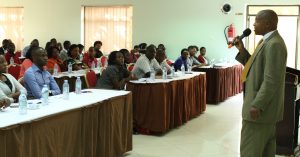
Dr. Frank Mugabi, the Program Manager National TB & Leprosy Unit at the MoH addressing the participants
The Makerere University Deputy Vice Chancellor (F&A) and PI METS Program, Professor William Bazeyo cautioned the RAs take care during this exercise because the outcome was to inform policy makers at national as well as funding agencies. He commended Rose Baryamutuuma, the DLP Project Coordinator and Activity Lead for the efforts this far and for coordinating such a large team of over 80 RAs.
CDC’s Steven Baveewo pointed out that TB treatment had come a long way and there was need to ensure that the steps taken going forward were aimed at strengthening treatment and care. “The HIV and TB treatment process deferred greatly from what we know today, previously we had to refer patients we suspected to have TB to other clinics.
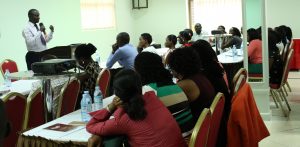
Dr. Steven Baveewo talked about the need to curb TB/HIV and the shade light on the critical question on whether the integration is working and what needs to be done to achieve milestones in disease control
This toned down the adherence rates as patients didn’t take it as serious or didn’t take it as a priority and this resulted into high death rates.” He noted that this was why the integration was key and the critical question at CDC was whether this integration was working. “CDC might not be on ground to handle the evaluation, but we have entrusted this exercise to METS because we know they have the potential to get the best results from this exercise,” he added.
This country wide assessment will be carried out in 160 Health Facilities in 80 districts across the country. A team will comprise of five persons; supervisors equipped with qualitative and quantitative data collection and Research Assistants and these will be expected to interface with Front-line Health Providers in the HIV and TB clinics.

